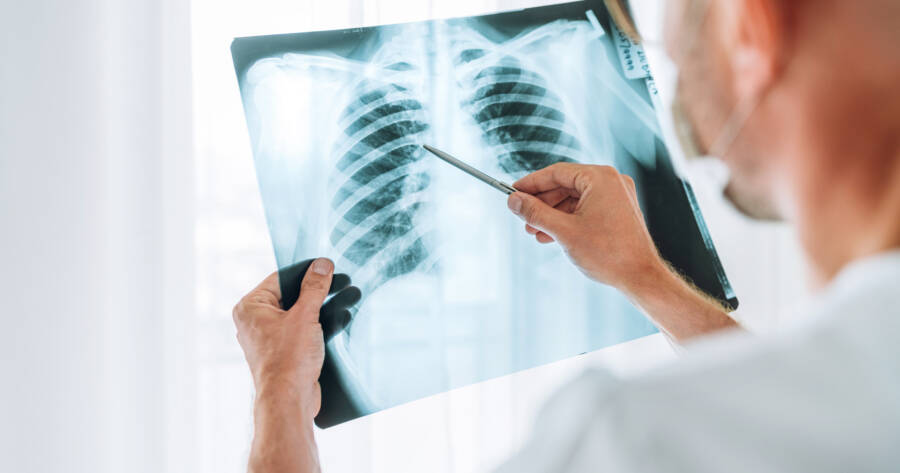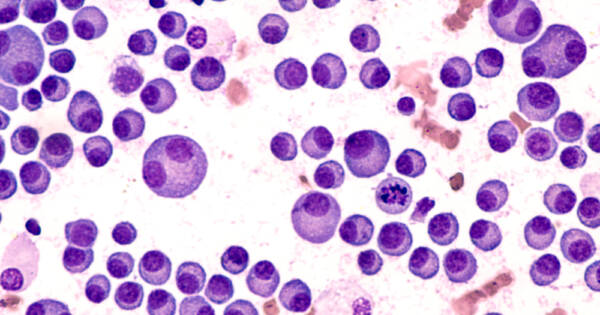For seniors, recognizing the early signs of lung cancer is crucial for early detection and treatment. From key symptoms such as persistent cough, chest pain, and unexplained weight loss, which older adults should be vigilant about. Learn more about these early warning signs and the steps to take.
What Is Lung Cancer?
Lung cancer is a disease that starts in the lungs and can spread to other parts of the body if not caught early.1 It’s a serious health concern, especially for seniors, as the risk increases with age.
Lung cancer typically begins when cells in the lungs start to grow uncontrollably, forming a tumor. There are two main types of lung cancer: non-small cell lung cancer (NSCLC) and small cell lung cancer (SCLC). NSCLC is the most common type and tends to grow and spread more slowly than SCLC.
Seniors and Lung Cancer: Understanding the Risk
As we age, our bodies go through various changes, and unfortunately, the risk of developing lung cancer can increase.2 This is often due to a combination of factors, such as long-term exposure to tobacco smoke, environmental toxins, and a weakening immune system.
Seniors may also have a history of smoking, which significantly raises the risk. However, it’s important to note that non-smokers can also develop lung cancer, so vigilance is key.
Early Signs of Lung Cancer
Early detection is crucial, and being aware of the early signs of lung cancer can make a significant difference. While symptoms may vary from person to person, some common signs to watch for include:3
- Persistent Cough: A chronic cough that lingers for several weeks, especially if it worsens over time, should not be ignored.
- Shortness of Breath: If you find yourself becoming breathless even with mild physical activity or for no apparent reason, it could be a cause for concern.
- Chest Pain: Unexplained chest pain, discomfort, or tightness may be an early warning sign.
- Coughing Up Blood: If you notice blood in your phlegm, it’s essential to seek medical attention immediately.
Remember, these symptoms can be caused by various conditions, so it’s crucial not to jump to conclusions. However, if you or a loved one experiences any of these signs, it’s vital to consult a healthcare professional promptly.
Learn More About Lung Cancer Today
Being informed about lung cancer is the first step in early detection and improving treatment outcomes. Understanding the risk factors and recognizing early signs can be life-saving. Take the initiative to learn more about lung cancer today.
Start by consulting reputable sources and resources dedicated to lung cancer awareness and prevention. Your knowledge could make all the difference in your health or the health of a loved one. Stay informed, stay healthy, and take action!





